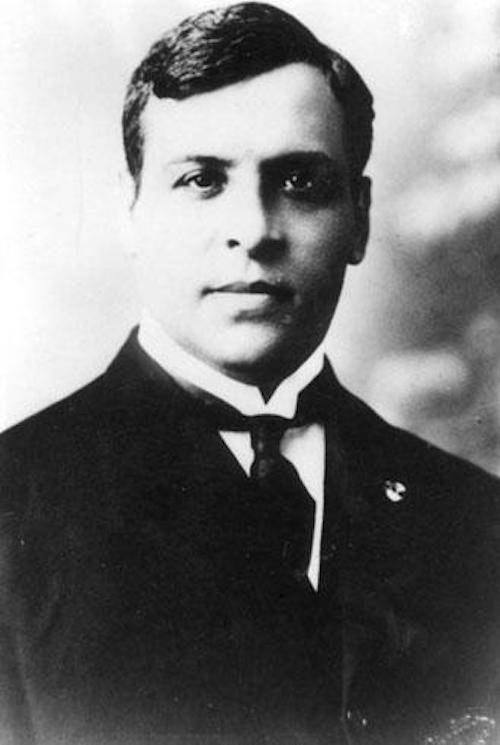Pope Francis called for the respect of the “freedom of conscience” as the world marked the Day of Conscience on June 17.
Speaking at his general audience, the pontiff encouraged all Christians to be an “example of the consistency of an upright conscience.”
The pope noted that observance of the Day of Conscience is inspired by the witness of Portuguese diplomat Aristides de Sousa Mendes.
Pope Francis said Mendes followed “the voice of his conscience and saved the lives of thousands of Jews and other persecuted peoples.”
In 1940, Mendes, who was consul in the city of Bordeaux in France, defied the orders of authorities and issued visas and passports to thousands of Jews fleeing the holocaust.
During World War II, Portugal was a neutral nation, which was overwhelmed with refugees. The Portuguese government issued an order that prohibited refugees from entering the country.
Touched by the suffering of the displaced people, Mendes defied the order and followed his conscience.


Historians described what he did as probably the “largest rescue action by a single individual.”
It is believed that Mendes had granted at least 10,000 visas in June and July of 1940 before he was recalled to Lisbon.
After his courageous act, he was ostracized and was removed from the diplomatic corps. His children were also prevented from acquiring gainful employment.
Mendes tried to clear his name but the Portuguese government at that time ignored him. He died in poverty on April 3, 1953, at a Franciscan hospital in Lisbon.
In 1966, Israel included Mendes in the list of the “Righteous Among the Nations,” a recognition for non-Jews who heroically saved Jews during the holocaust.
The Portuguese government posthumously promoted him to ambassador and formally apologized to his family.
During his general audience, Pope Francis also said Christians must serve as “interceder” despite all the frailties in the world.
“To get angry is good it can be healthy — while to condemn does no good, let us intercede for him or her; this will help us a lot,” said the pontiff in his weekly address.
He cited the example of Moses in the Bible who asked for God’s mercy for his people when they sinned.
Pope Francis said Christians must also think about those who are “the worst sinners, the wickedest people, the most corrupt leaders” who are also “children of God.”
The pope said Moses doubted himself when God was calling him. “This happens to us, too: when we have doubts, how can we pray?” he said.
He said Moses’ care for his people is an example of “the greatness of pastors” who act as a bridge. He said it is far from being “authoritarian and despotic.”


